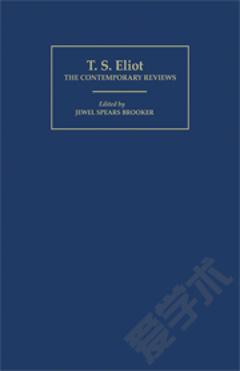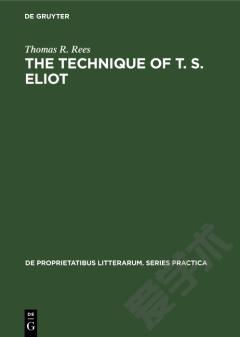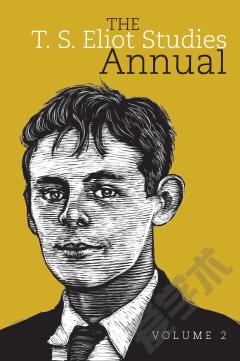The American T. S. Eliot: A Study of the Early Writings
In his old age T. S. Eliot said on a number of occasions that the American experience of his childhood and youth had had the deepest influence on his poetry. This is the first book to explore in detail how Eliot's writings at once preserved and reacted against his complex American heritage: his intellectually and socially prominent family, their strong Unitarian culture and their experience in nineteenth-century St Louis and Boston. Besides demonstrating how Eliot's preoccupation with theatricality and self-consciousness descends from a line of American writers with similar impulses, the book pursues the theme of doubleness in rhetoric and the self and traces the influence on Eliot of the philosopher F. H. Bradley. Analysing major poems from 'Prufrock' through The Waste Land, Sigg draws upon Eliot's early philosophical writing, essays and reviews to reveal Eliot's early poetry both as a distinct entity and as a stage in his development.
{{comment.content}}








 京公网安备 11010802027623号
京公网安备 11010802027623号